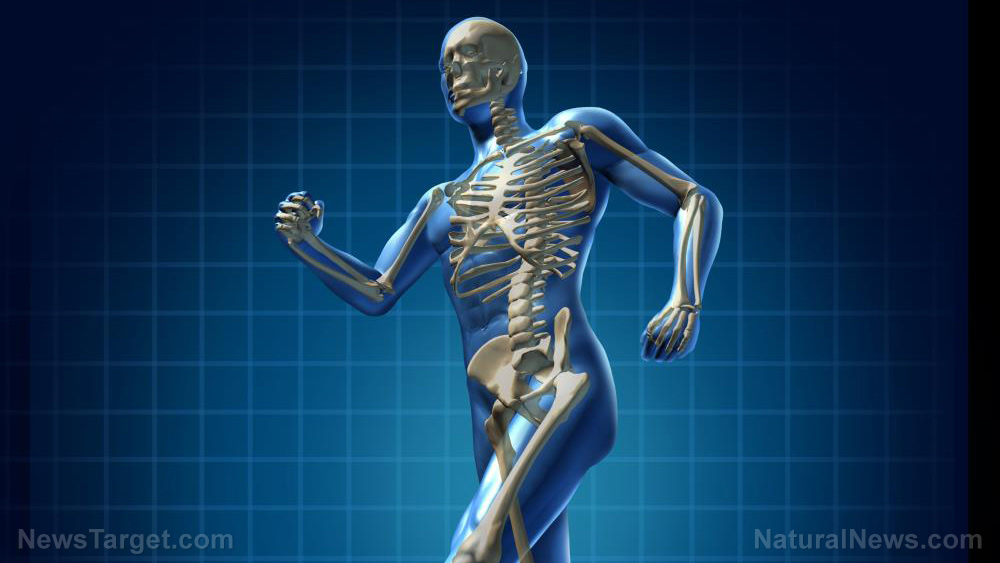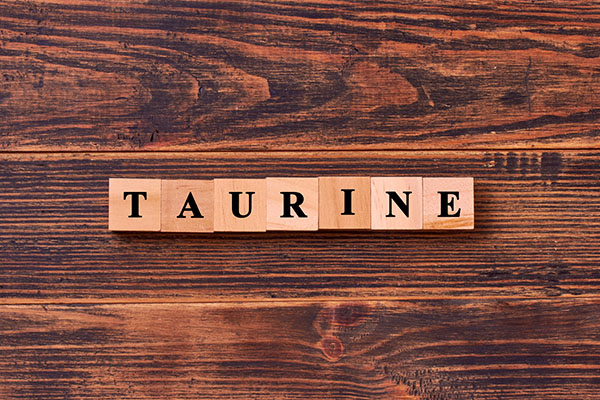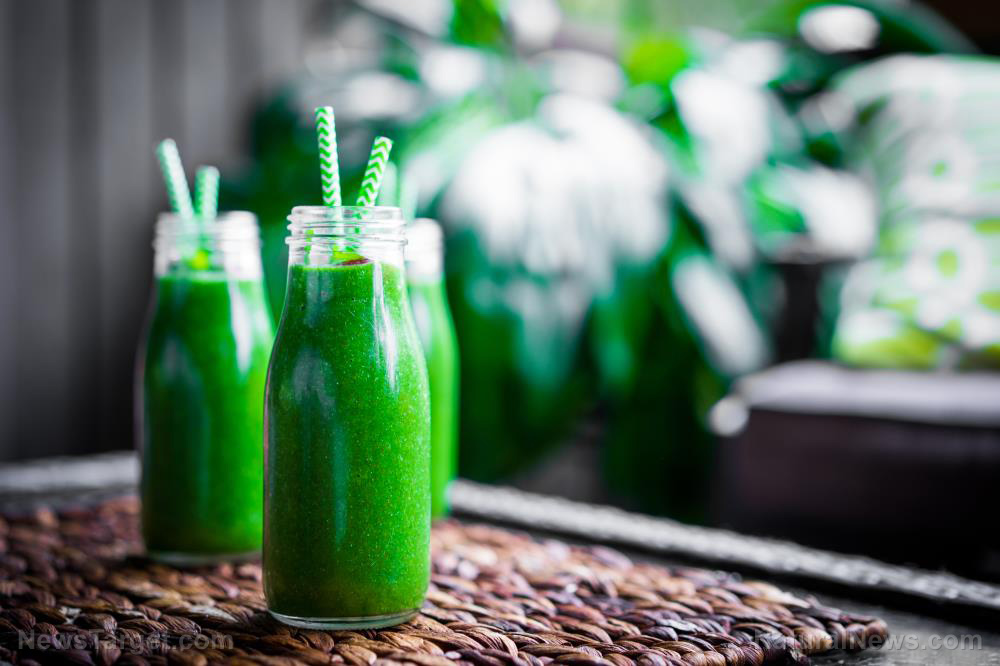
1. Magnesium
Your body needs enough magnesium for transporting and using calcium. Studies report that the daily intake of magnesium increases bone density, particularly in postmenopausal women who are at risk of osteoporosis. (Related: Magnesium is an essential nutrient for bone health.)
You can find magnesium both in dietary and supplement sources. Avocados, bananas, leafy vegetables, molasses, nuts, and pumpkin seeds are some of the foods richest in magnesium. If you're planning to take it in supplement form, the dose is often between 200 and 400 milligrams (mg) in an easily absorbable form such as magnesium citrate or magnesium malate.
2. Omega-3 fatty acids
Foods rich in omega-3 fatty acids are known to fight inflammation and prevent bone density loss, especially among older people. These healthy fats also help keep a healthy ratio between omega-6 fatty acids, which can lead to lower bone density levels when unbalanced. Omega-3 fats can be obtained from chia seeds, grass-fed beef, walnuts, and fatty fish like mackerel and salmon.
3. Protein and collagen
Healthy bones need protein to develop. Without it, calcium absorption declines and bones become less dense. This is particularly evident in older women. Studies have found that older women who eat more protein-rich foods tend to have healthier bones and reduce their risk of fractures.
Collagen, on the other hand, is the main protein found in bones and is composed of amino acids like lysine, glycine, and proline – all of which support healthy bones and musculoskeletal structure. You can get protein from foods like grass-fed meats, nuts and seeds, poultry, and wild-caught seafood.
4. Vitamin C
In addition to strengthening the immune system, vitamin C also helps promote the replication of cells that build bones. Bones constantly tear down and repair themselves. When the body is low in nutrients like calcium, the body can draw from the stores in the bones. However, if that calcium isn’t replaced, the bones won’t be rebuilt as strong as they were or need to be. If this pattern continues, bone density loss occurs. Vitamin C is also necessary for collagen production.
As an antioxidant, vitamin C protects the bones from losing bone density and reducing turnover. Multiple studies have shown that menopausal women who eat more vegetables like broccoli, cabbage, and parsley have better bone density because of the antioxidants like vitamin C in these vegetables.
Since vitamin C is water-soluble, you need to replenish it every day as the body does not store it. The recommended daily intake for vitamin C is 200 mg, although 500 or 1,000 mg doses are common. There are many foods rich in this vitamin. These include bell peppers, berries, citrus fruits, cruciferous vegetables, leafy green vegetables, sweet potatoes, squash, and tomatoes.
5. Vitamin D
You also need enough vitamin D for the body to absorb and use calcium properly. However, one billion people globally lack this vitamin. You need at least 30 nanograms per milliliter (ng/mL) of vitamin D to protect against bone density loss. The body can make vitamin D in response to sun exposure, but not everyone gets enough sun exposure. Certain foods like beef liver, egg yolks, and fatty fish provide good amounts of vitamin D. Most of the time, these aren’t enough, so people often take 400 to 800 international units (IU) of vitamin D3 supplement daily. For better absorption, take your supplement with fatty fish.
6. Vitamin K
Vitamin K and vitamin K2 are needed for increasing osteocalcin, which is a protein that helps form bone and reduces the loss of calcium from bone stores. Vitamin K2 can be obtained from fermented foods such as sauerkraut. Eggs, liver, and meat also provide small amounts of the vitamin. You can also take it in supplement form.
In addition to taking these nutrients, you can also keep your bones healthy by exercising regularly. Weight-bearing exercises, like climbing stairs, jogging, and walking, can help you build strong bones and prevent bone loss. Avoiding substance abuse, such as tobacco and alcohol, can also prevent bone loss.
Sources include:
Please contact us for more information.























